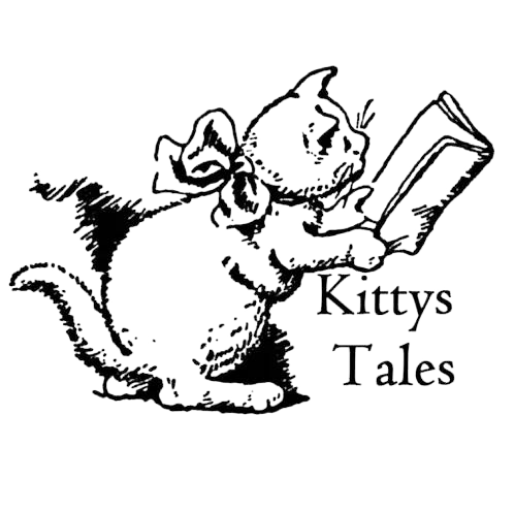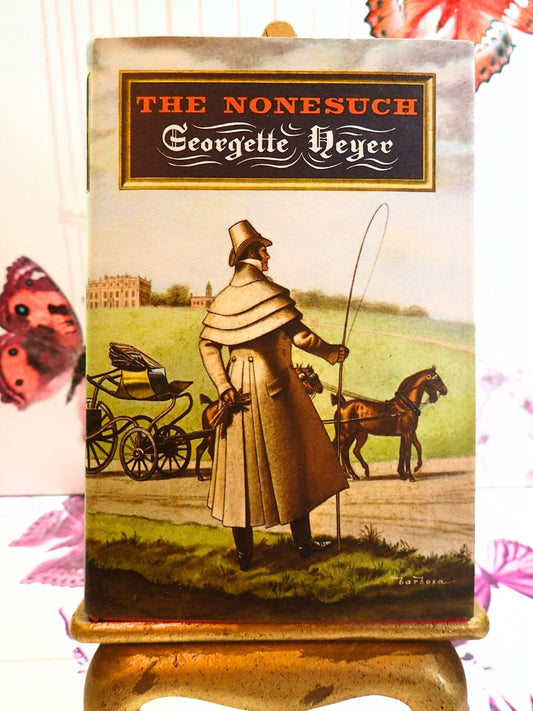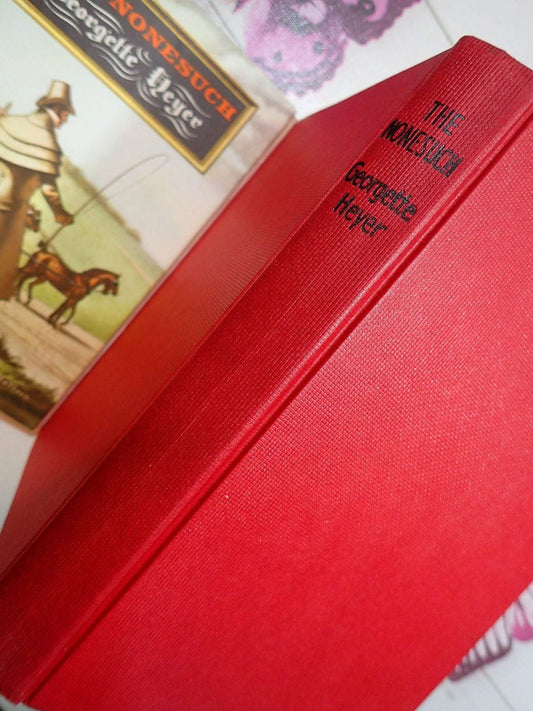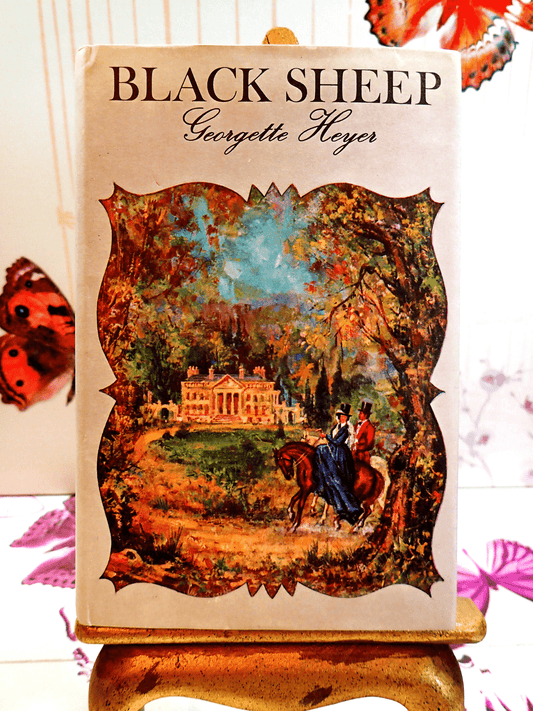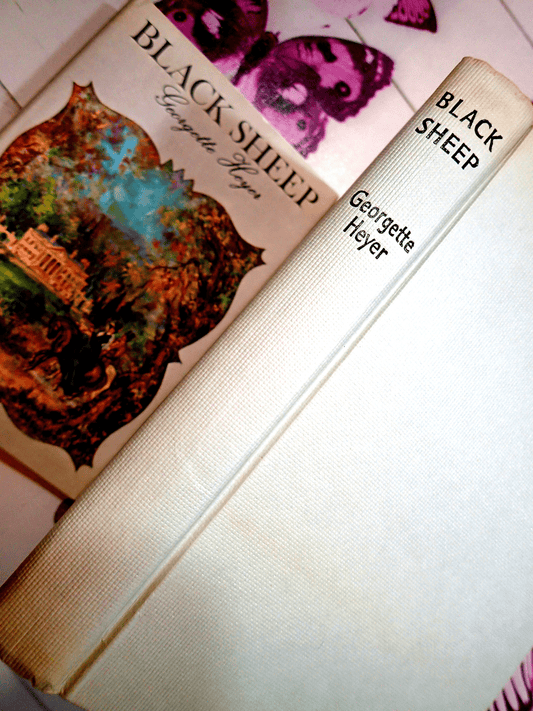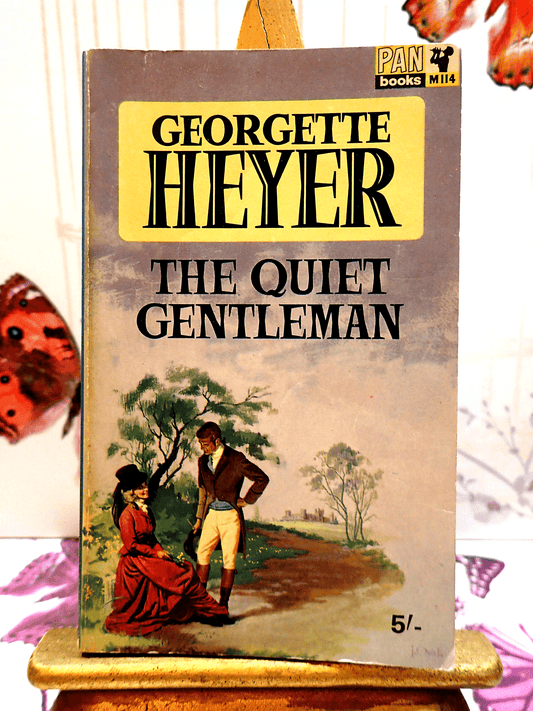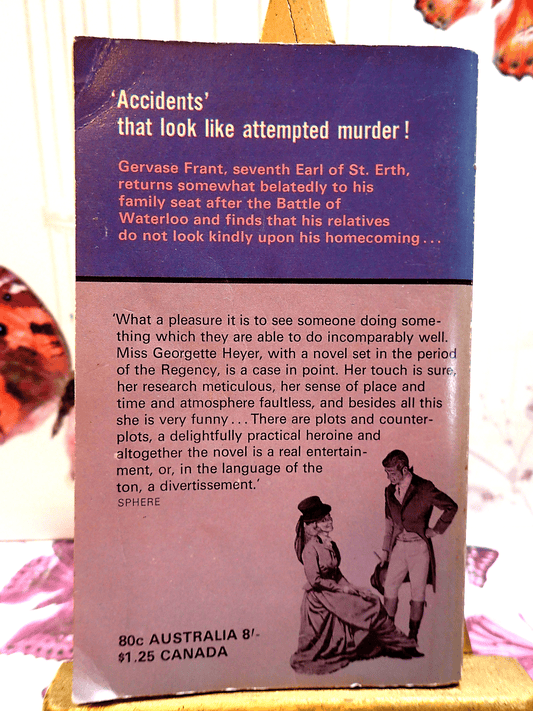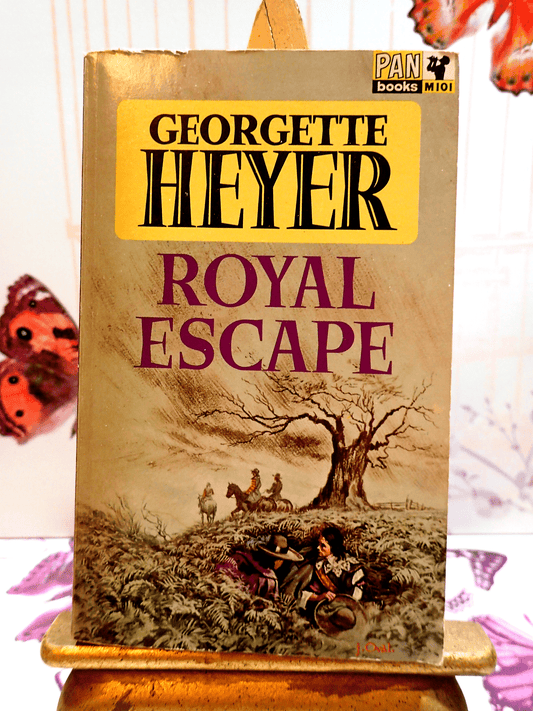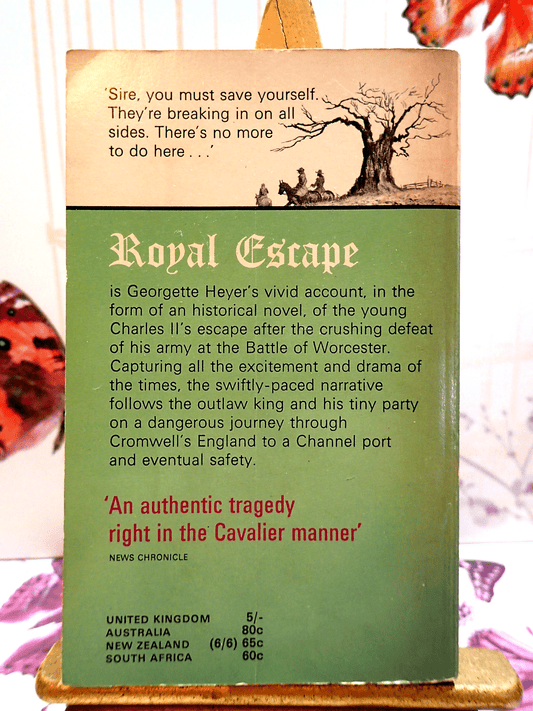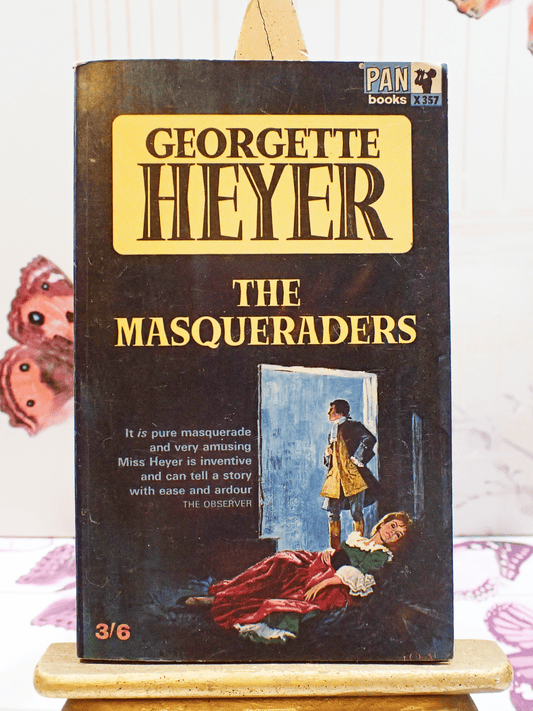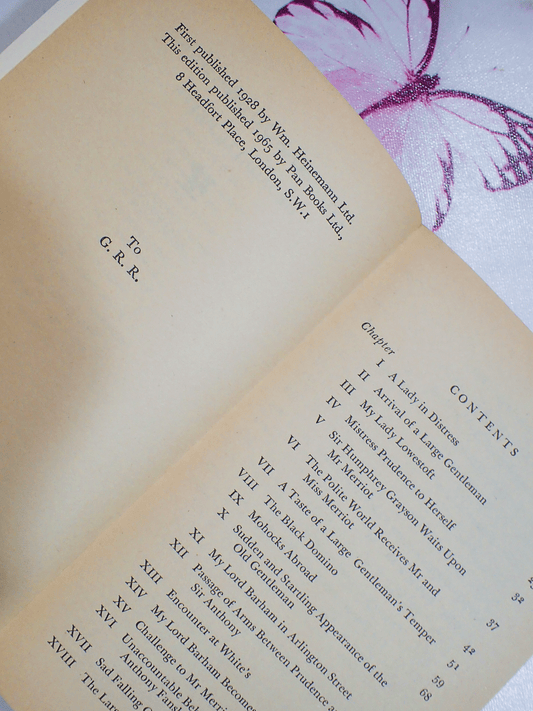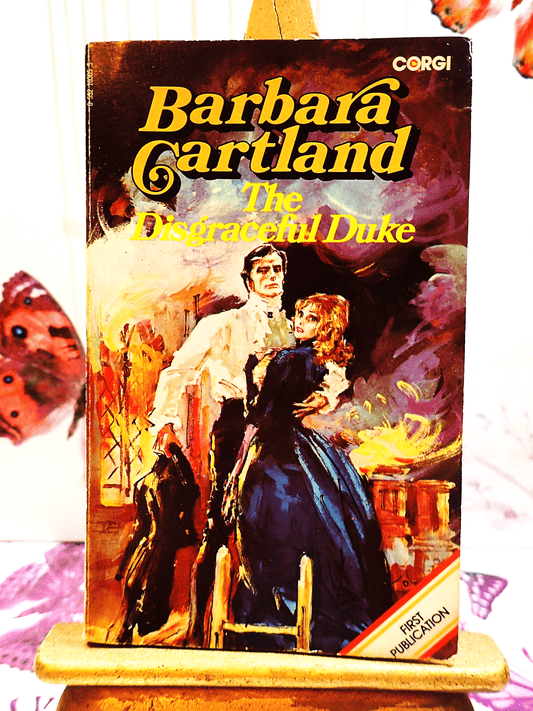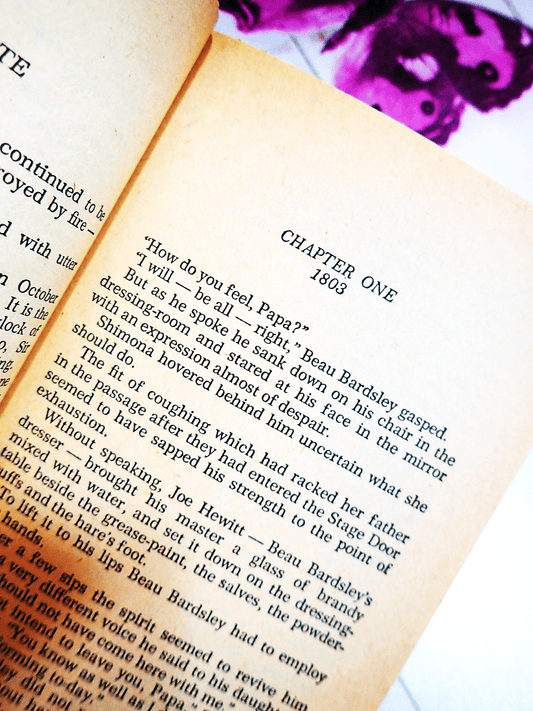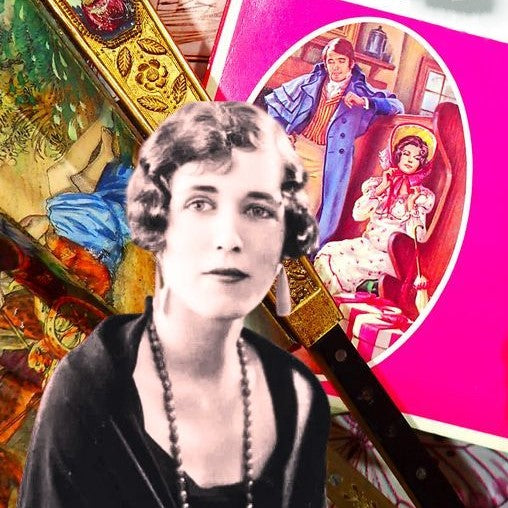
Georgette Heyer
"The best romances are the old-fashioned ones, where the hero and heroine have flaws but still end up together. The ones where the characters are perfect aren't very interesting."
Georgette Heyer in an interview with The Boston Globe 1964
Georgette Heyer, the daughter of a schoolteacher was born in 1902, perhaps destined to be studious. We now know that this surprisingly staid, (according to those who met her) female writer, truly earned the title of 'Queen of the Historical Romance'. In the 20th century she was one of the leading female writers of historical fiction, with an irresistible format equalled only by the strength of her meticulous historical research.
Utterly determined to be historically accurate in her writing, her novels were not the lightweight 'frou frou' fantasy of a bored debutante but instead accurate to the finest degree in her thorough descriptions of clothing, language used and places visited. Such as the eternal favourite Regency era Bath featured in her book 'Black Sheep' amongst others, as well as the broader social mores of the day.
Her plots brought back to life the effervescent Regency Dandy, based upon characters such as the famous Beau Brummel and his foppish way of talking and colourful attire. A plethora of silk breeches and lace along with the 'Sprig Muslin' she named one of her best loved vintage romances after, were all compellingly accurate to the fashions and societal rules of the day.
Within her books we are immersed in the obsessions of high society of the Georgian and Regency era in England. Much like Jane Austen's masterpiece 'Pride and Prejudice', and the nigh forgotten favourite Oliver Goldsmith's 'Vicar of Wakefield', we engage with her characters in their determination to make a good match, with more than a few thousand of course a year, as 'love in a cottage' was unthinkable in Regency Society.
Her books explore topics such as...
Collapsible content
Read More
The disastrous fall out that a loss of innocence might have upon the life of a young woman and her resulting ability to achieve that very state seen as a woman's true path in the 18th & 19th century (simply a good marriage), was unthinkable. Loss of innocence before marriage was to be avoided by any means possible. Even if this meant hunting the roués down in the middle of the night to get just revenge. Often by way of a mortally thrilling duel to the death.
We have the common phenomenon of fathers trying to marry off daughters who simply want romance and a love match, to the nearest eligible Lord, providing fertile ground for Heyer's realistic plots that included seducers, elopements, runaway brides and the rest.
Anyone who might ever doubt that these scandalous events happened in the 18th and early 19th century would do well to open a history book, as all the plots featured in Heyer's novels are totally viable.
Many a rakish gentleman spent too many nights on the gaming tables to the detriment of his family's estate and often these losses were necessarily made up by marrying the richest girl they could find. And of course Highwaymen, such as featured in her rip-roaring novel 'The Black Moth' (a story she began reciting initially only as entertainment for her younger brother), were really out there on the highways and byways ready to rip the jewels from some swooning society lady's neck, whilst holding up her carriage with pistols before riding off into the night, cape blowing in the wind in a portent of the Marvel superhero and antihero.
Georgette Heyer was a true genius at accurately creating these thrilling scenarios and creating Regency and Historical Romance books with everything a reader might wish for, all wrapped up in a book so enjoyable that even a fan of the smuttiest romance today would still find some delight from the heartwarming denouements in her vintage romance books.
Some of her more serious work included novels such as 'Royal Escape' an in-depth exploration of the trials and tribulations of King Charles II in the time following the Battle of Worcester, far more enjoyable than it sounds in Heyer's capable hands.
We know Charles II eventually came back to the throne and became a greatly loved monarch, but Georgette Heyer is insurpassable as she fills in the gaps with what is commonly known today as 'True Fiction' based around the accurate historical events and characters of the time.
It is perhaps less well known that later in life Georgette Heyer wrote an interesting series of Mystery Novels, spurred on by her publisher and most probably the raging success of Agatha Christie Murder Mysteries. These too are enjoyable and well thought out, highly entertaining books with the same satisfying finales we expect from this reliable author.
Her thrillers were almost a joint effort with her husband (a Barrister in later life) who took great pleasure in thinking out the mystery plots for Georgette to enrich.
Despite her immense success at writing Georgette's life was not without plentiful challenges very different to those faced by her heroines and dashing heros. She managed to get in rather hot water with the tax inspectors and also quite famously had a bit of a spat with Barbara Cartland over plagiarism. This was never fully resolved but Barbara did for some reason decide to credit Georgette's work in some of her own.
In the 21st century historical romance is still going strong albeit a bit steamier today than Georgette's books, which would not have been too out of place keeping company on the bookshelf of one of her Regency heroines alongside the Sensation Novels of the day that many a Regency lady clutched to her bosom reading avidly. Times really change very little.
Georgette Heyer died in 1974 leaving behind an impressive volume of work that not only entertains but enriches our understanding of Georgian Era England, particularly the Regency Era. With popular modern day series such as Bridgerton still building on the Regency Romance genre it is tempting to wish, if only they had read more Georgette Heyer.
You can read more about her life here: Georgette Heyer on Wikipedia
Books by this Author
1. The Black Moth (1921)
2. The Great Roxhythe (1921)
3. Instead of the Thorn (1923)
4. Simon the Coldheart (1925)
5. These Old Shades (1926)
6. The Masqueraders (1928)
7. Beauvallet (1929)
8. The Conqueror (1931)
9. An Infamous Army (1937)
10. Powder and Patch (1930)
11. The Convenient Marriage (1934)
12. The Talisman Ring (1936)
13. The Regency Buck (1935)
14. The Romance of the Forest (1940)
15. The Corinthian (1940)
16. Faro's Daughter (1941)
17. Friday's Child (1944)
18. The Reluctant Widow (1946)
19. The Foundling (1948)
20. Arabella (1949)
21. The Grand Sophy (1950)
22. The Quiet Gentleman (1951)
23. Cotillion (1953)
24. The Toll-Gate (1954)
25. Bath Tangle (1955)
26. Sprig Muslin (1956)
27. April Lady (1957)
28. Sylvester (1957)
29. Venetia (1958)
30. The Unknown Ajax (1959)
31. A Civil Contract (1961)
32. The Nonesuch (1962)
33. False Colours (1963)
34. Frederica (1965)
35. Black Sheep (1966)
36. Charity Girl (1970)
37. Lady of Quality (1972)
38. My Lord John (1975 - posthumous)
39. Royal Escape (1938 - reissued posthumously in 2008)
40. Beauvallet (1929 - reissued posthumously in 2008)
41. Simon the Coldheart (1925 - reissued posthumously in 2008)
42. Why Shoot a Butler? (1933 - reissued posthumously in 2009)
43. Duplicate Death (1951 - reissued posthumously in 2009)
44. Detection Unlimited (1953 - reissued posthumously in 2010)
45. No Wind of Blame (1939 - reissued posthumously in 2010)
46. Envious Casca (1941 - reissued posthumously in 2011)
47. Penhallow (1942 - reissued posthumously in 2011)
48. Footsteps in the Dark (1932 - reissued posthumously in 2013)
49. Behold, Here's Poison (1936 - reissued posthumously in 2013)
50. They Found Him Dead (1937 - reissued posthumously in 2013)
Please note that this list includes Heyer's full-length novels and some reissued works.
-
The Nonesuch by Georgette Heyer Vintage Historical Romance Books Regency Love Story
Vendor:Kittys TalesRegular price £24.00 GBPRegular priceUnit price / per -
Black Sheep by Georgette Heyer Vintage Regency Romance Book Hardback Bath BCA
Vendor:Kittys TalesRegular price £14.00 GBPRegular priceUnit price / per -
The Quiet Gentleman by Georgette Heyer First Edition Pan Paperback Vintage Book Historical Romance
Vendor:Kittys TalesRegular price £12.00 GBPRegular priceUnit price / per -
Royal Escape by Georgette Heyer Vintage 1960's Vintage Book Pan Paperback Historical Romance
Vendor:Kittys TalesRegular price £12.00 GBPRegular priceUnit price / per -
The Masqueraders Georgette Heyer Vintage Pan Paperback Romance Book 1st Ed. 1965
Vendor:Kittys TalesRegular price £14.00 GBPRegular priceUnit price / per
Shop more of our Best Loved Vintage Books:
-
Black Sheep by Georgette Heyer Vintage Regency Romance Book Hardback Bath BCA
Vendor:Kittys TalesRegular price £14.00 GBPRegular priceUnit price / per -
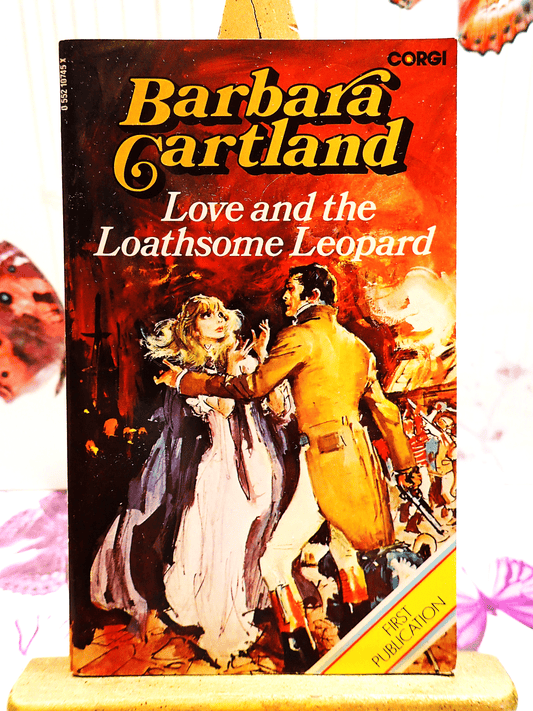
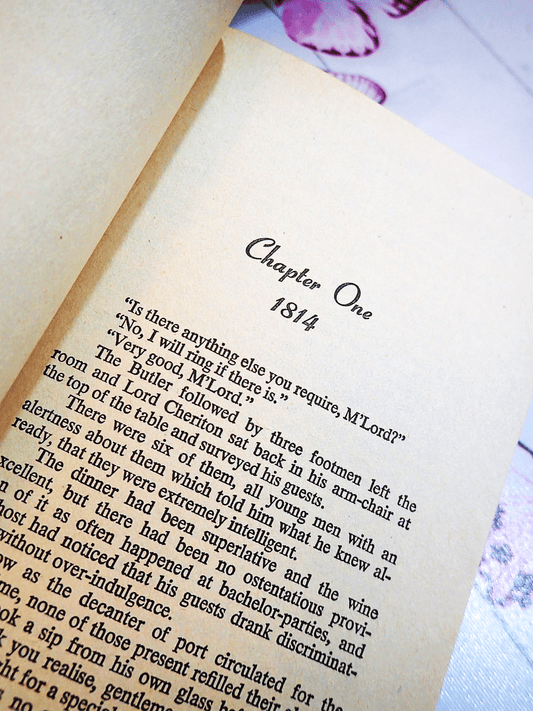
Love and the Loathsome Leopard Barbara Cartland Vintage Historical Romance Book First Edition 1970's
Vendor:Kittys TalesRegular price £12.00 GBPRegular priceUnit price / per -
The Disgraceful Duke Barbara Cartland Vintage Historical Romance Book 1970s First Edition
Vendor:Kittys TalesRegular price £12.00 GBPRegular priceUnit price / per -
The Masqueraders Georgette Heyer Vintage Pan Paperback Romance Book 1st Ed. 1965
Vendor:Kittys TalesRegular price £14.00 GBPRegular priceUnit price / per
Browse our Collections of Favourite Vintage Books :
-
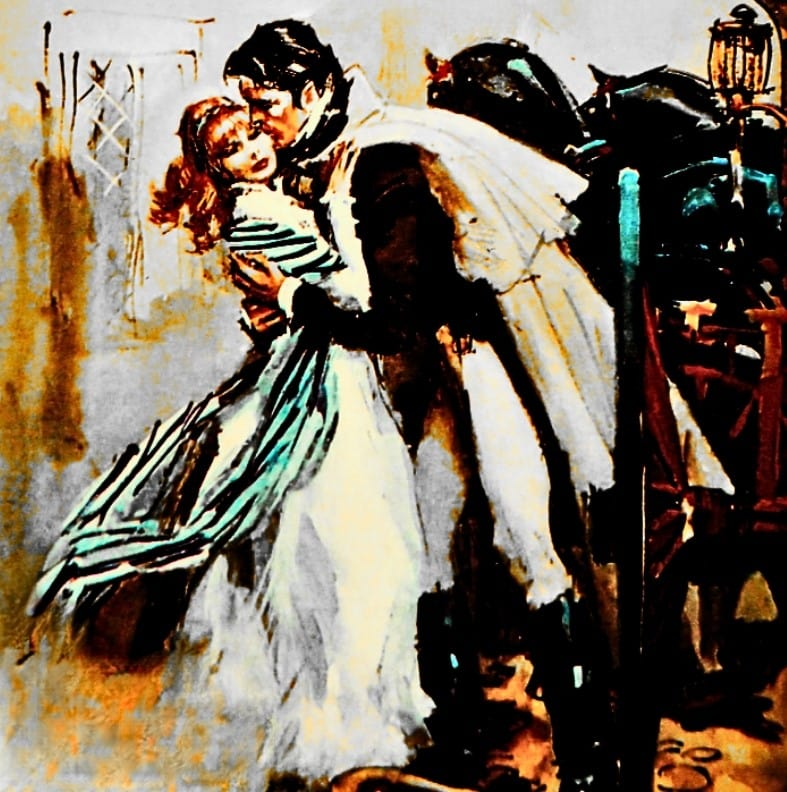
Vintage Historical Romance Novels
Why read Historical Romance Novels? They are perfect historical escapism full of...
-
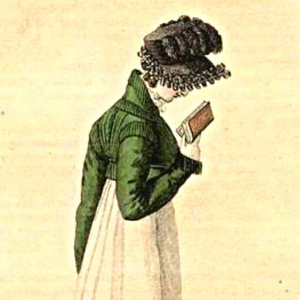
Classic Novels
Why Browse Kittys Tales Classic Novels Collection We invite you to enjoy...
-
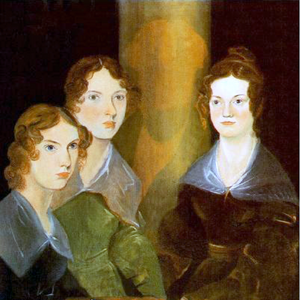
The Brontë Sisters
🏡It is still possible to visit the Bronte Parsonage in Haworth Yorkshire....
